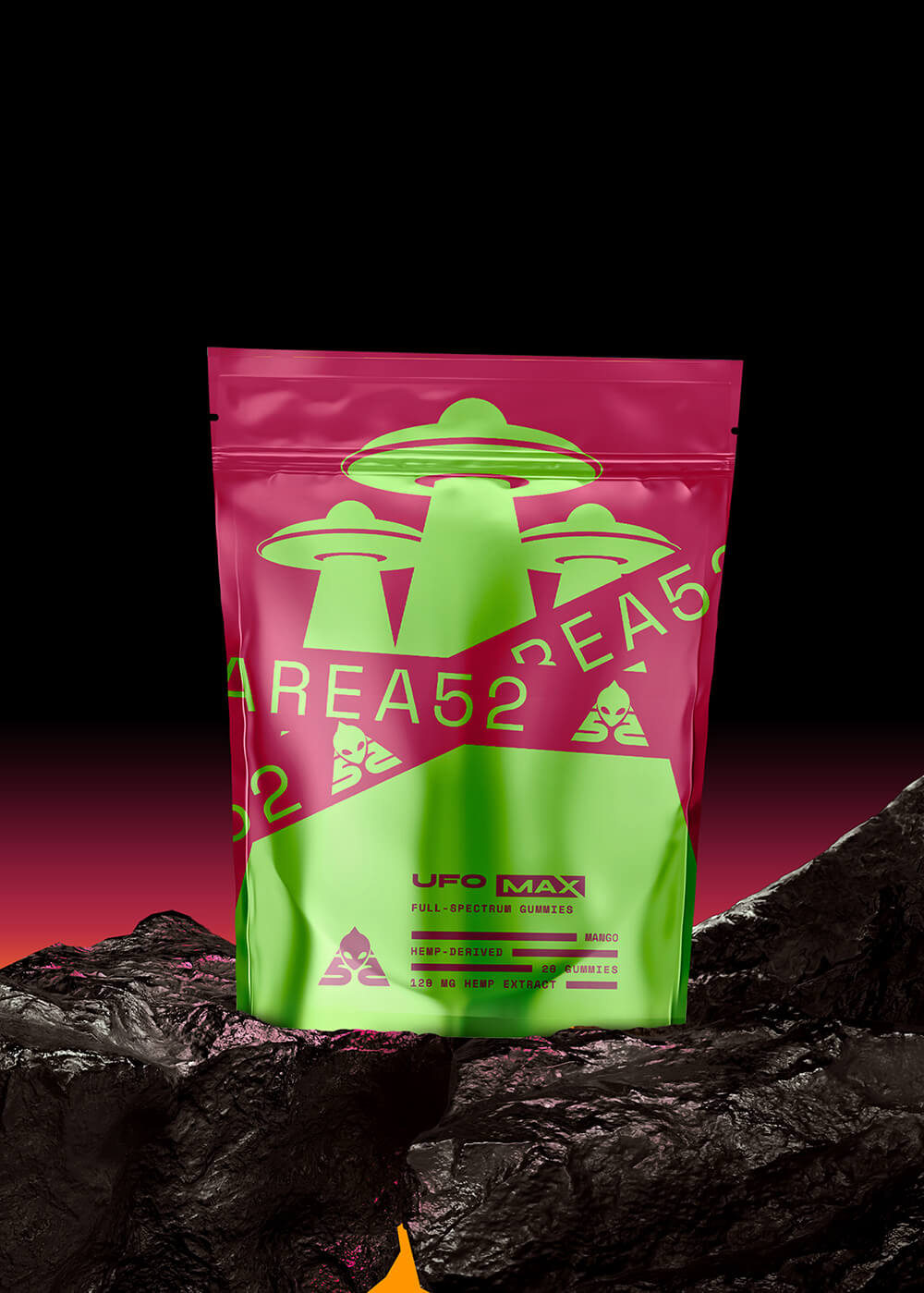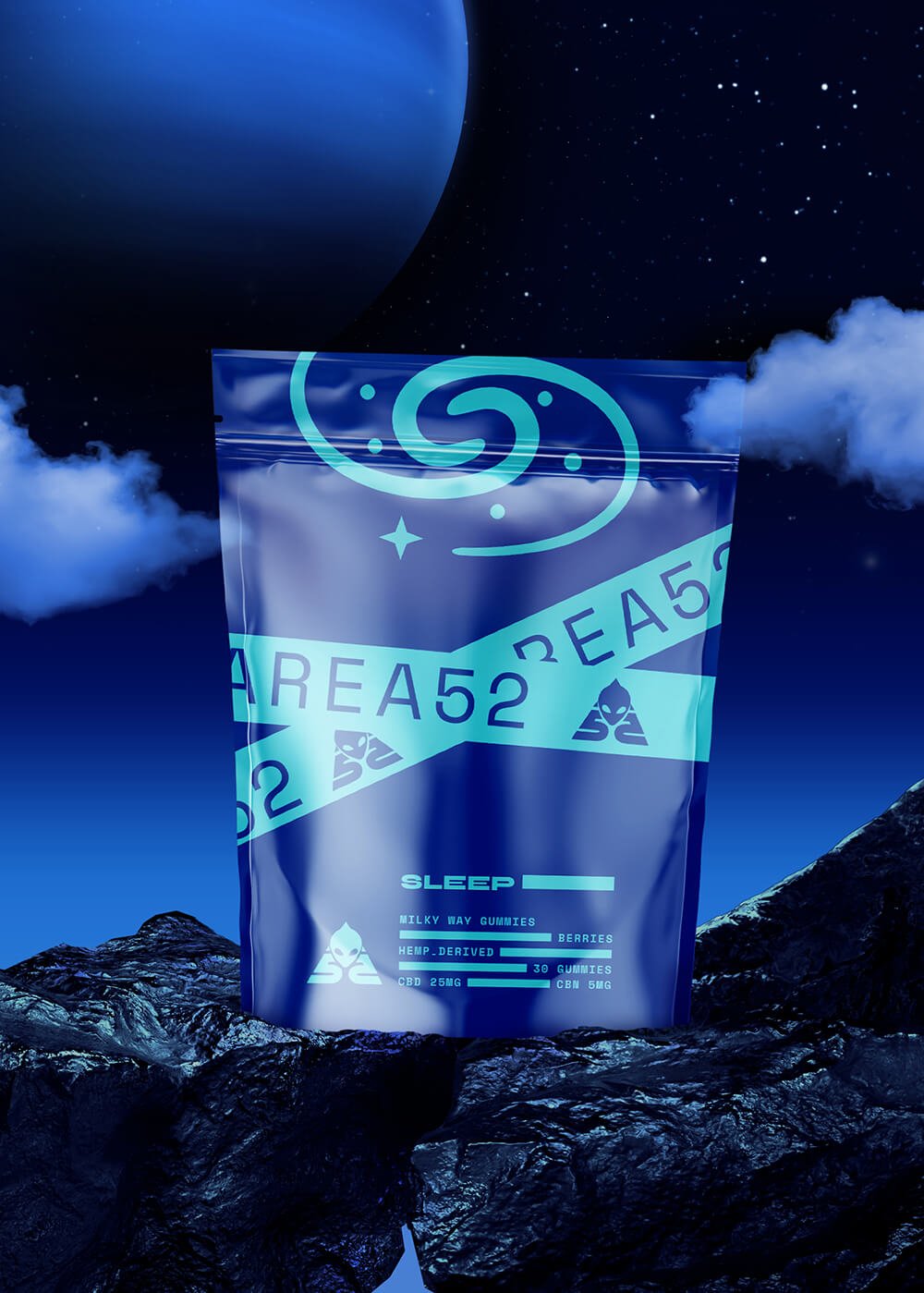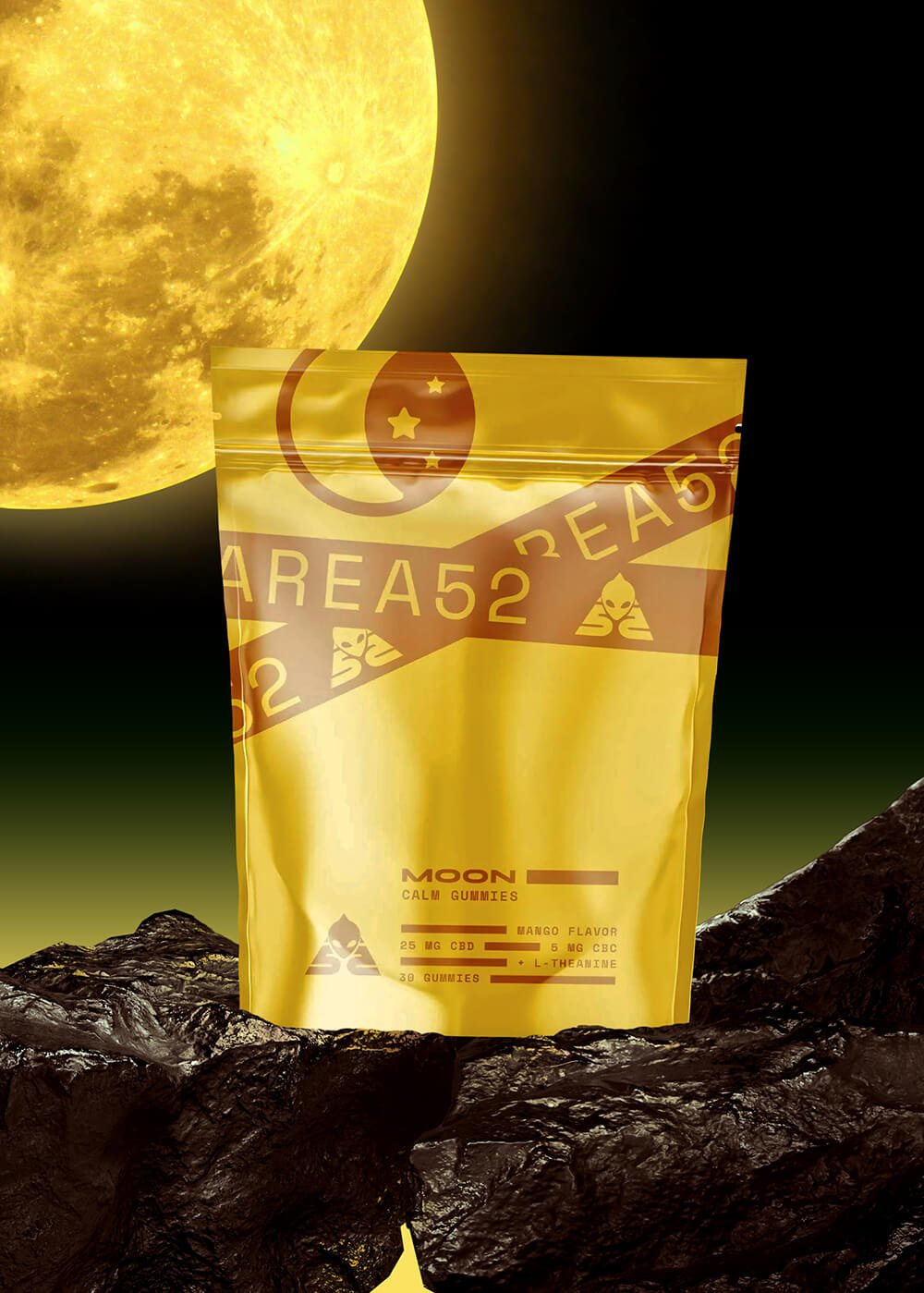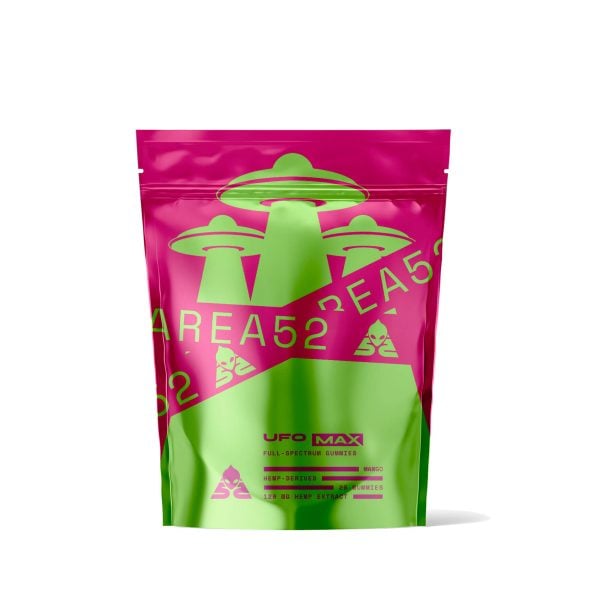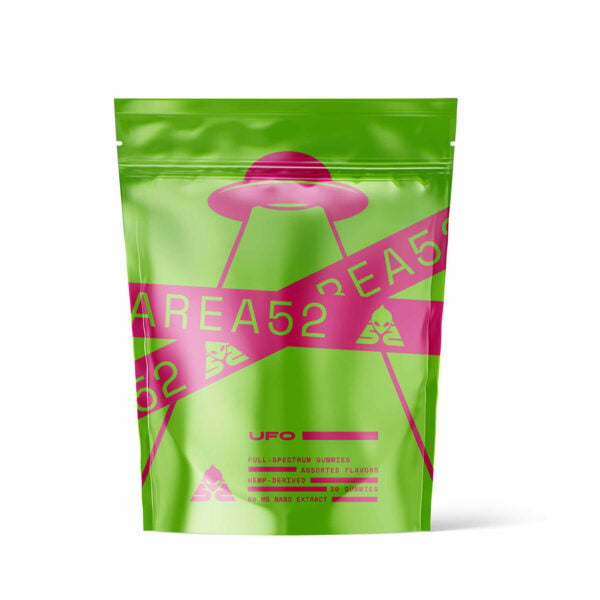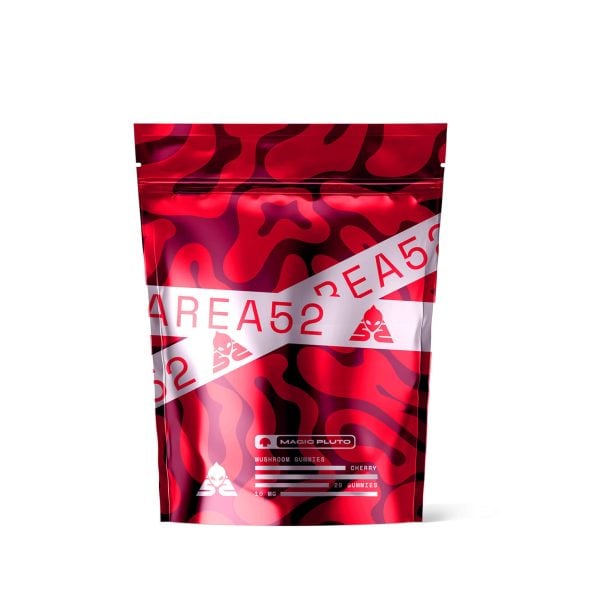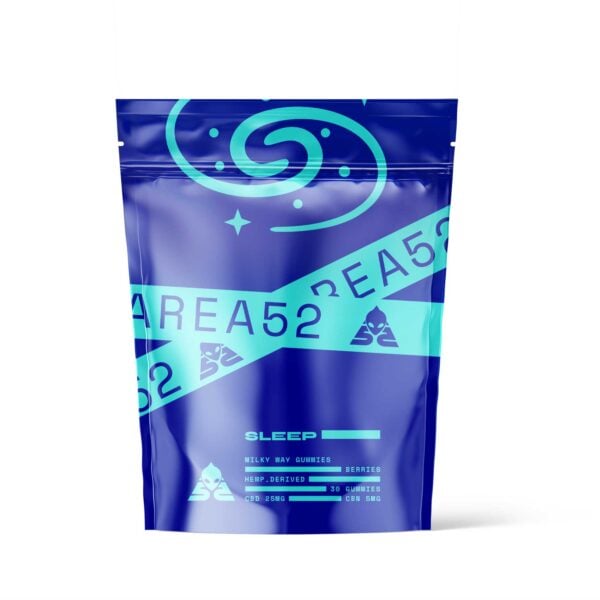Why More Users Are Turning to Delta 8 THC Edibles & Gummies
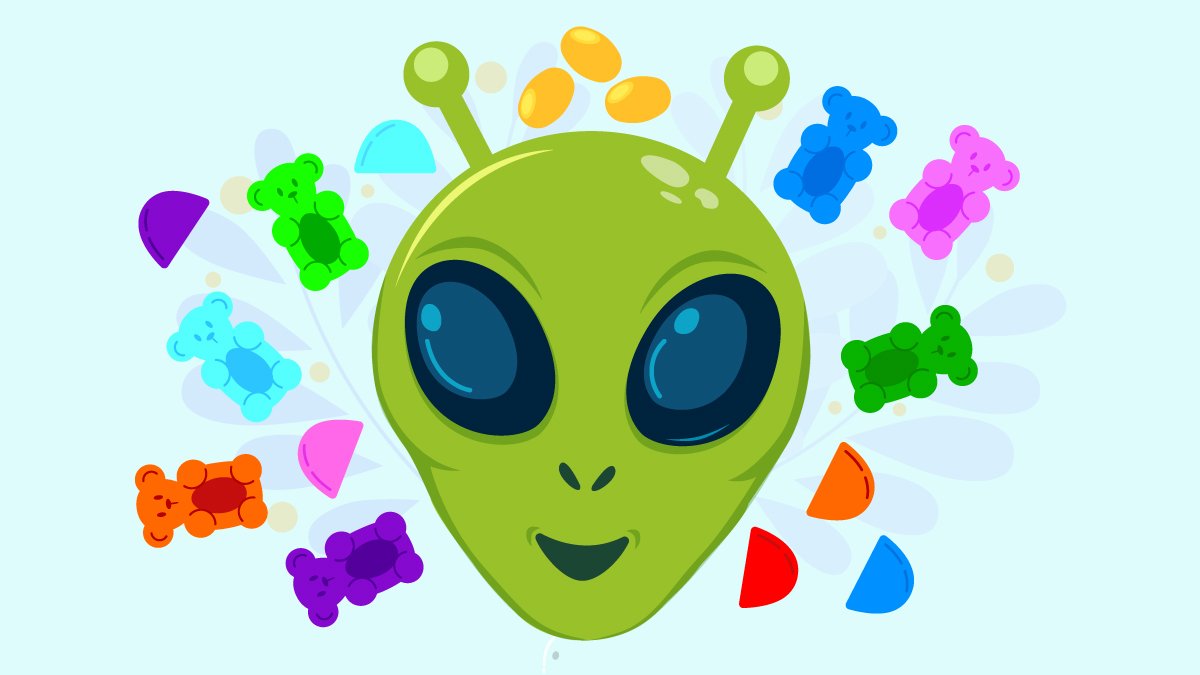
Delta 8 THC edibles refer to any edible form of the supplement. The most common is delta 8 THC-infused gummy candies, but also refers to delta 8 honey, delta 8 chocolates, baked goods, and much more.
As we’ve seen already from the CBD industry — already several years ahead of the delta 8 industry — edibles are exceptionally popular. They’re by far the best tasting, they make dosing super simple, and they’re easy to share with others in the post-pandemic world where sharing joints or vape pens is no longer cool.
Let’s break down what makes these treats so appealing yet still legal at the federal level.
The Pros & Cons of Delta 8 THC Edibles
There are a few reasons why edibles are so popular today, but also a few caveats to consider:
The Benefits (Pros) of Delta 8 THC Edibles
- An exceptional variety of flavors and textures available
- Dosing is kept simple with premeasured concentrations in each piece
- The most discreet method of cannabis use
- Easy to share with others
The Negatives (Cons) of Delta 8 THC Edibles
- Shorter shelf-life than other categories of delta 8 THC products
- It can be more expensive than simpler product types
- It’s harder to microdose
- Onset time is slower than sublingual tinctures or vape products
Why more users are turning to delta 8 THC edibles has a lot to do with how convenient, tasty, potent, and discreet they are. Because delta 8 THC is often referred to as diet weed, many find it offers intoxicating effects that are milder than traditional THC, making it suitable for recreational and medicinal use.
In the cannabis industry, delta 8 THC edibles come in various forms, from gummies to chocolates and more, appealing to both experienced users and newcomers.
Five Common Types of Delta 8 THC Edibles to Checkout Today
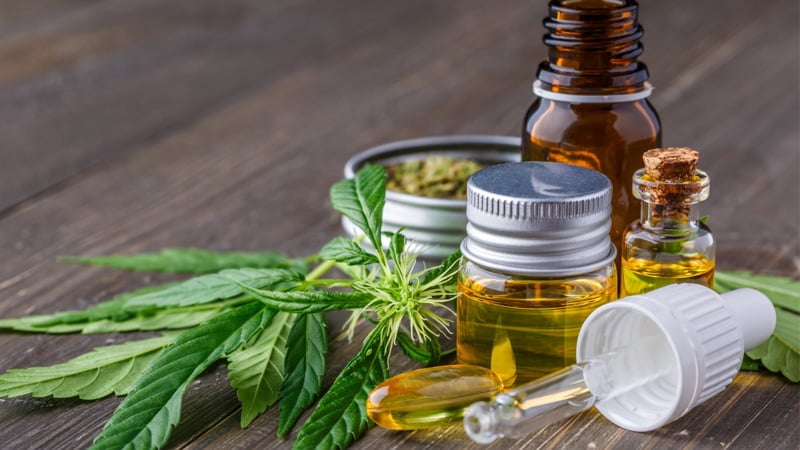 Delta 8 THC can be made into virtually any category of snack or edible imaginable. The quintessential edible on the market today are gummy candies, but this is just the tip of the iceberg.
Delta 8 THC can be made into virtually any category of snack or edible imaginable. The quintessential edible on the market today are gummy candies, but this is just the tip of the iceberg.
1. Delta 8 THC Gummies
Virtually every vendor that sells delta 8 THC offers a gummy product. The reason for this is simply because of how easy they are to make, how delicious they are, and how long they last after they’re manufactured. Gummies are the superior category of cannabis edibles no matter what cannabinoid is used as the active ingredient.
You can find gummies in an infinite array of flavors, shapes, and potencies. The gelatinous consistency of gummy candy is perfectly suited for distributing consistent doses of cannabinoids. None of the active ingredients separate during production like they do in other edible products.
The most common dose of delta 8 THC in a gummy is 25 mg, but you can also find gummies with 5, 10, 20, 30, or 50 mg per piece.
Make sure you’re familiar with how much delta 8 is contained within each piece to avoid using too much. Gummies can be split into halves or quarters for a smaller dose as well.
2. Delta 8 THC Honey
Delta 8 THC is made by infusing D8 distillate into a jar of liquid honey.
The high sugar content makes the honey act as a solvent for delta 8 in the same way as oil or alcohol. So D8 honey is essentially just a tincture, but instead of using MCT oil, it uses honey — which is absolutely f*cking delicious.
When using honey, it’s important to be familiar with the potency — just like you would with a tincture. Unfortunately, D8 honey’s come in all different potencies, so you’ll need to check the potency of every jar before you can use it safely.
Most honey comes with about 20 mg of delta 8 THC per mL of honey, which would mean a standard dose ranges from 0.5 to 2 mL of honey.
You can use honey by spreading it over toast, mixing it with your tea, or simply eating it as-is. You can also apply delta 8 THC honey topically to the skin.
3. Delta 8 THC Chocolate
Delta 8 THC chocolates are hard to find, but they’re becoming much more common every month. They work the same way as a gummy — offering a precise dose of delta 8 THC per piece of chocolate. A typical dose is around 1–3 pieces of chocolate per dose — so you should get a few doses out of a single bar of chocolate.
You can find D8 chocolates in all different forms — some using sweet-tasting milk chocolate, some with white chocolate, and others with dark, bitter chocolate.
The darker the chocolate, the higher the antioxidant profile. Darker chocolate also contains higher concentrations of a compound called theobromine, which is very similar to caffeine (in fact, it’s the mirror image). This gives dark chocolate a nice stimulating action that’s perfect for use during the day while at work or university.
4. Delta 8 THC Coconut Oil
Some companies are already starting to make delta 8 THC into cooking oils like coconut oil or olive oil.
These products have many uses. The most common is to use it as a base while cooking or to bake to make activated delta 8 THC baked goods at home. You can also apply them to the skin or eat them directly the same way you tincture.
5. Delta 8 THC Chewing Gum
At first, delta 8 THC chewing gum might sound a bit unnecessary — but hear me out, chewing gum is actually an excellent way to use delta 8 THC — or any cannabinoid for that matter.
Cannabinoids, like delta 8, absorb very efficiently through the mouth. There’s a network of tiny capillaries (blood vessels) under the tongue close enough to the surface that cannabinoids can pass into them directly. This allows them to enter the bloodstream without having to travel all the way through the digestive tract. It also allows them to skip the first-pass metabolism, which neutralizes a lot of the D8 before it enters circulation.
Chewing gum takes advantage of this action by keeping the delta 8 THC in the mouth the whole time.
Chewing gums also maintain all the other benefits of edibles, like offering premeasured doses, delicious flavor, and providing a discreet and simple method of consuming delta 8.
Other Categories of Edibles We’re Likely to See in the Coming Years:
- Delta 8 THC dissolvable powders
- Delta 8 THC toothpicks
- Delta 8 THC drinks & shots
- Delta 8 THC cookies
- Delta 8 THC baked goods
- Delta 8 THC energy bars
- Delta 8 THC tea
- Delta 8 THC brownies
What’s The Dose of Delta 8 THC Edibles?
 The dosage range for edible delta 8 THC is between 10 and 40 mg — but everybody is different. Some people like using a little more, others a little less. It’s important to test it out using a small dose first and increase once you’re familiar with how your body responds.
The dosage range for edible delta 8 THC is between 10 and 40 mg — but everybody is different. Some people like using a little more, others a little less. It’s important to test it out using a small dose first and increase once you’re familiar with how your body responds.
The ideal starting point is to use the equivalent of around 10 mg of delta 8 THC for your first dose.
Using our d8-THC gummies as an example, each piece contains 25 mg of D8. So for a 10 mg dose (roughly), you can cut each gummy in half.
If you’re using delta 8 THC honey with a potency of 20 mg per mL, you’ll want to use half an mL for the first dose.
If you’re using a delta 8 THC chocolate containing 5 mg per square, you should take two squares.
It’s important to understand the potency of the edible you’re using to find the ideal dose. Check the total delta 8 content per piece (if it’s a solid edible) or mL (if it’s a liquid edible). From here, you can use simple math to determine how much you should take to reach the desired dose.
Delta 8 THC Edibles vs. Oil vs. Vapes: Which One is the Best?
It isn’t hard to understand why so many people turn to edibles as their product of choice for taking delta 8 THC. They’re delicious, come packed with high doses of delta 8 THC, and offer a far greater degree of discreteness than any other product category.
Plus, there’s an exceptional degree of variability when it comes to edibles. So there really is something here for everybody.
Even within the gummy segment, there’s a ton of different options. You can find D8 gummy worms, sour bears, fruity gumdrops, and so much more.
Edibles are going to become a dominant segment in the cannabis industry in the near future.
We’ve got quite a few other product types we’d like to get out the door first, but if there are any edibles mentioned on our list you’d like to see first, shoot us a message at [email protected] — we’d love to hear from you!
Are Delta 8 THC Edibles Legal?
Delta 8 THC, a naturally occurring cannabinoid, is federally legal if sourced from hemp with less than 0.3% THC on a dry weight basis. Hemp is a type of cannabis plant that contains higher levels of CBD than THC.
However, marijuana-derived delta 8 THC remains federally illegal since marijuana is considered a controlled substance.
The plant produces only a small amount of delta 8 though, so we often convert hemp-derived CBD into delta 8 for higher yield through a process called isomerization. This process is also how we obtain other cannabinoids such as delta 10, HHC, and THCP, among others.
Frequently Asked Questions
1. Why Do People Use Delta 8 THC?
Many users report turning to delta 8 THC for a gentler, more approachable experience than traditional THC. They enjoy its many medical uses, such as potential pain relief, stress reduction, and milder intoxicating effects.
Edibles are easier to incorporate into their daily routine as a discreet and convenient product for health and medical conditions as well as recreational use.
2. Are Delta 8 THC Edibles Safe for Beginners?
Yes, delta 8 THC edibles can be beginner-friendly because they typically have milder intoxicating effects. Always check effective doses on product labels though, and new users are also encouraged to start with a small dose (around 10 mg) and assess effects before increasing the dosage.
Lastly, be sure to only buy delta 8 THC edibles from trusted sources and reputable vendors, not from gas stations and convenience stores, which typically sell untested products.
3. Do Delta 8 THC Edibles Offer a More Discreet Experience?
Edibles are highly discreet since they look and feel like regular snacks or candies. There’s no vapor or smoke, so people around you won’t immediately suspect cannabis use. This makes them a favored option for many experienced users and newcomers alike.
4. Why Are Delta 8 THC Edibles Appealing to Older Adults?
Many older adults find delta 8 THC edibles easier to manage because they avoid lung irritation from smoking or vaping. The slower onset also offers a gentler introduction to its intoxicating effects while providing potential pain relief and relaxation benefits.
5. What Makes Delta 8 THC Edibles More Popular Than Vapes for Some Users?
Some individuals prefer edibles because of the diverse flavor options and the lack of harshness on the lungs. They also like the easier dosing and longer-lasting, steadier effects once absorbed by the digestive system. Compared to vapes, edibles offer a more convenient and subtle way to consume delta 8 THC in various forms.
